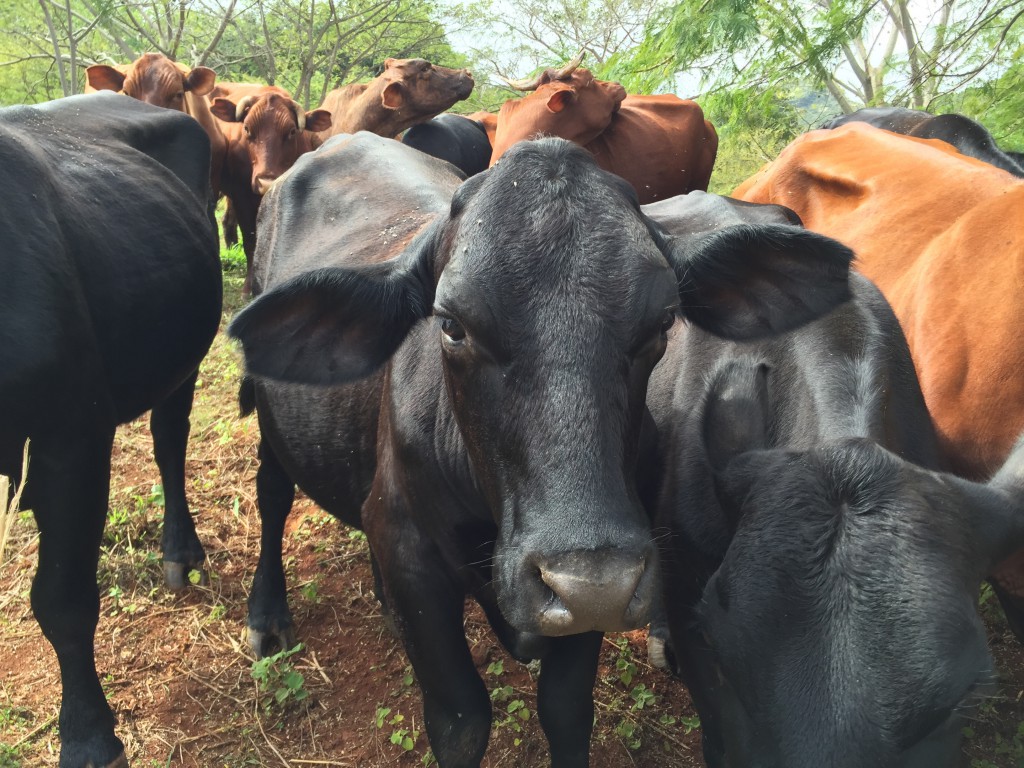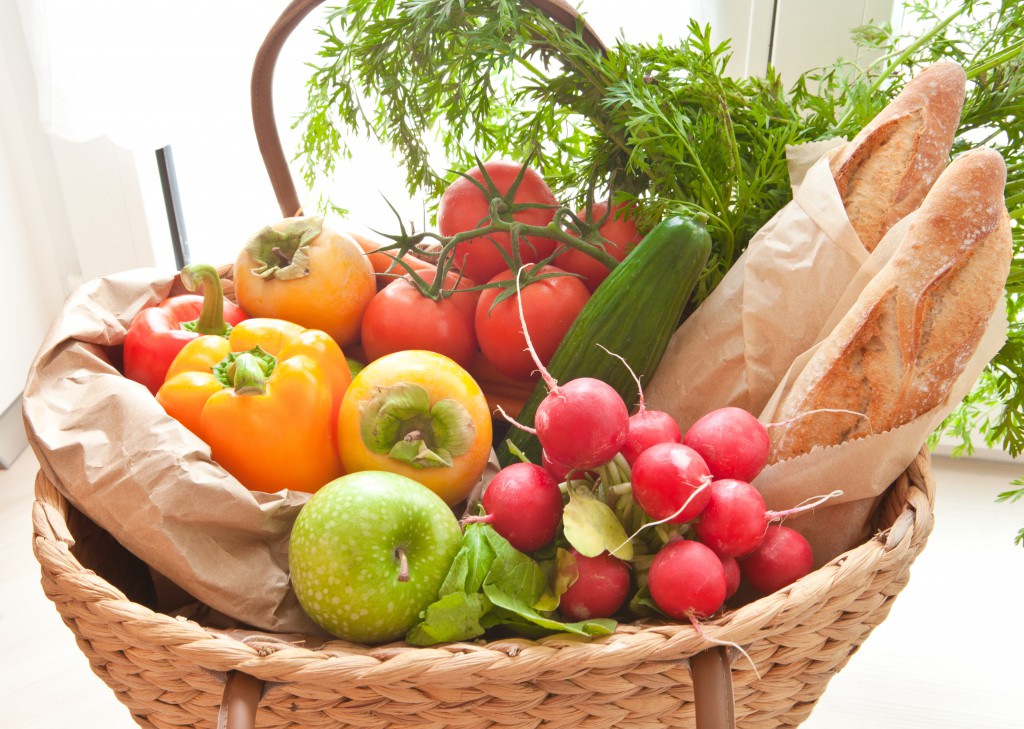Furthering Investment in Agriculture
Jeana Cadby
Running a farm is risky business, especially when it comes to investments. Changing markets, small margins, and weather-dependent revenues are all ingredients for a make-or-break situation. However, stability in the form of tech has come to light as a great partner for farmers who can utilize the growing trade in investment platforms.
Tech-based agriculture investment platforms have taken a fresh new approach to agricultural investing. Companies such as FarmAfield and Barnraiser have taken to crowd-sourced investing and funding in order to reduce agricultural investment risks. Through web-based platforms, farmers are able to pitch their services, wares, and products to a large and diverse online community of potential investors. Unlike traditional investment platforms, these sites distribute many small investments into an overall project, at the same total value of a single large loan or contract.

Geared towards small farmers with reduced capabilities to adopt risk-management techniques, FarmAfield pairs farmers with online investors, allowing a large number of financiers to purchase products or commodities in smaller increments. The web-based platform allows for multiple users to have direct investments in increments of thousands of dollars rather than tens of thousands. Financiers may purchase anything from a single calf to multiple cattle pens, and are able to track their investments remotely. As for farmers, the system also provides producers with risk assessment and management tools and customer reviews at no charge.
Individuals who are looking to become more directly involved in agriculture, seeking more transparency in the industry, or aiming to make informed investments, are able to peruse at their leisure on the FarmAfield platform. Potential investors can identify returns through historical data and make educated decisions regarding which farms or products they would like to support. Using a data-driven collection system to track profits and returns, financiers are able to hedge investment risks before they even become involved. This approach enables individuals to work with specific partners that they are keen to support, allowing for a grain farmer to have remote ownership of cattle, for example.
Based out of Nebraska, USA, FarmAfield currently offers feeder cattle to their diverse network of agricultural investors. Due to a well-researched production process, feeder cattle are the perfect specimens to integrate into a transparency-based program. Detailed management and record-keeping systems are already integrated into the industry allowing for a seamless fit into a data-hungry online interface. While the system is currently based around cattle, the company envisions an expansion to include crops, poultry, and swine.
This model in particular also has potential in lower-income regions of the world where the majority of small-scale farmers may not be able to afford much wiggle room in terms of experimentation in technological investments. Investors with specific interests can register their interests in the site, and become notified as soon as that service or product becomes available—on a first-come, first-served basis. Purchases are arranged and tracked through the FarmAfield program, where both parties can watch the investment grow. Once the investment is harvested, proceeds are distributed through the program.

Barnraiser, a Kickstarter-style crowdfunding site specifically for agricultural enterprises, allows farmers to pitch products and services to niche consumers on a streamlined and colorful web-based platform. Navigating the site can feel a bit like electronically perusing a farmers market where the customer base can search for specialty and cottage foods which are clearly identified. However, small farmers are able to request contributions towards expensive investments that they believe will launch their effectiveness as agricultural producers to the next level.
Funded projects range from mobile processing units for pasture-raised, ethically produced chicken meat, to actual barn-raising costs. Small agricultural enterprises often face difficulties keeping up with the latest technological investments due to an inability to acquire single investments for large purchases, or the high risks associated with slim profit margins. Through small donations or purchases, investors are able to receive returns for their crowd-sourced efforts while supporting small farmers to reach life-changing goals. All of the contributions to projects follow the similar Kickstarter-style rewards system, offering up farm tours, seeds, and even a trio of pullets through bracketed donation options.
Tech in agriculture is no longer an emerging field, but a rapidly advancing and profitable business opportunity. Farmers seem more than ready to take on the new opportunities presented by integrated agri-tech. Especially among small farmers, where margins are snug, the difference between a couple of sales and breaking even may seem like a tight squeeze. Applying tech-based and agriculture-specific investment platforms has revealed itself as a farmer-ready solution to the long-standing issue of risky business in the agriculture sector.
[infobox title=’Jeana Cadby’]
Jeana Cadby has spent most of her agriculture career as a conservation specialist with a bachelor’s and master’s degree in plant and soil sciences. Her company, Edible Sci, provides science communication focused content development writing services to businesses. Jeana is also is a freelance science writer and doctoral candidate studying sustainable agriculture.
[/infobox]












